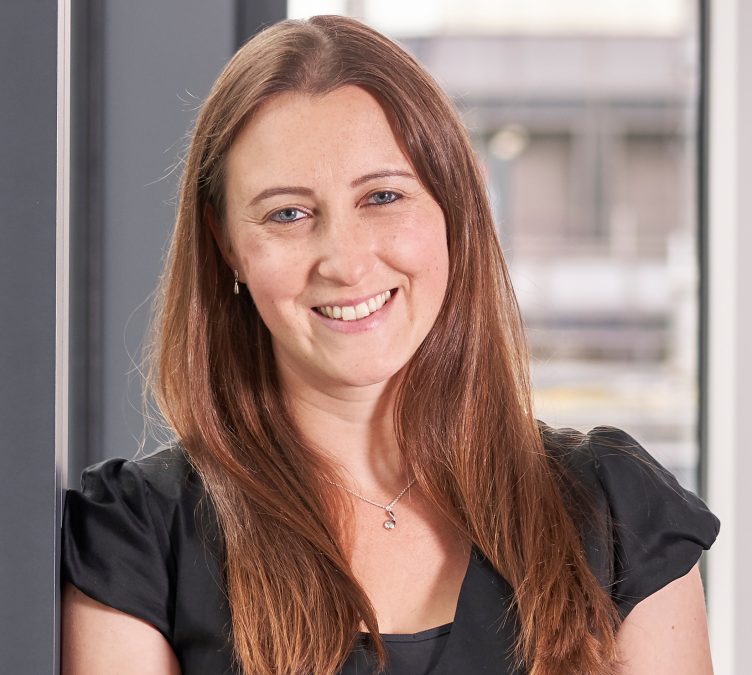The Family Solutions Group (FSG) is a multi-disciplinary group set up by the Honourable Mr Justice Cobb as a sub-group to the Private Law Working Group. It aims to bring a fresh outlook to the needs of separating families and improve their experiences (whether in or outside of court) while keeping the rights and needs of children as its central focus.
This article was originally published in the June edition of Family Law Journal. Read the original version here (subscription required).
Senior paralegal Shammi Ruprah attended the FSG’s landmark event ‘Taking the Fight out of Family Separation: Finding Safe and Supportive Solutions for All’. The event consisted of a panel discussion on ways to find safe and supportive solutions for separating families, with President of the Family Division Sir Andrew McFarlane participating in the conversation. Attorney General Suella Braverman was also in attendance.
The issues as they stand
The group’s report “What About Me?” called for immediate change, and Sir Andrew McFarlane firmly supported its conclusions. The report found:
- Approximately 280,000 children in the UK experience parental separation every year. However, there is no governing body to take responsibility for these families, and therefore a collaborative approach across government departments is needed.
- A change is required in the cultural response to separation.
- The rights and needs of children need to remain central to parental separation.
- Each matter needs to be identified at an early stage. For example, parents should be steered towards accessible and affordable support and representation where safeguarding is required.
- Parents must be navigated down a cooperative pathway in a system that has integrated support and therapeutic services and adopts a human response to relationship breakdown.
Sir Andrew McFarlane said that although the Divorce, Dissolution and Separation Act (“DDSA”) is welcome, it will not necessarily impact upon a child’s experience of separation as a large majority of parents are unmarried. As the needs of each family differ, the concept of separation needs to be reworked from being a legal issue and recognised as something more nuanced.
While there are circumstances where court proceedings may be appropriate, particularly if there are safeguarding issues, they can be avoided if there is early intervention and families are steered correctly before becoming entrenched in proceedings. This may include, for example, engaging in therapeutic support or child-inclusive mediation instead. The president described this as the ‘Holy Grail’ approach.
The panel suggested that Information and Assessment Meetings can take place via a supportive alternative such as a mediator (bearing in mind that the Ministry of Justice extended the voucher scheme from 1 April 2022) or through community hubs that can provide information to families at the start of the separation process.
Panel members also advised that basic training and resources should be implemented among GPs, health visitors and schoolteachers as these are usually the first professionals to be informed about family separation. Families can then be signposted appropriately. Early intervention procedures are achievable, but government policy is needed to spearhead this. Plus, it requires collaboration and a child-centric focus across the health, education and wellbeing sectors.
The role of government?
Panel members suggested that the Department for Education should lead the change for it to filter down into society as a whole. While the Ministry of Justice has responsibility for those engaged within the Family Courts, the Department of Education has responsibility for family hubs and the local authorities through whom they operate. Therefore, they would be the ideal starting point.
The FSG has proposed that one lead government department and one minister should ideally oversee this. The Attorney General confirmed that while the Ministry of Justice currently leads on parental separation, a cross-government approach is needed if there is to be meaningful reform.
Putting children first
Panel member Dr Jan Ewing pointed out that when a child’s voice is acknowledged as part of the process, the overall outcome and experience are better for those involved in separation. Although parents will try to shield their children with the best intentions, research shows that children want to be heard, and it is important they are allowed a voice instead of being marginalised into the adult agenda.
We also have an international obligation under Article 12 of the United Nations Convention on the Rights of the Child (“UNCRC”) 1989 to do so as this preserves the rights of children to have their perspectives included and taken into account in the legal proceedings that affect them. Following Brexit, the government has until June 2022 to bring our domestic law in line with Art 12 UNCRC and, in light of the DDSA, it is the perfect opportunity to do.
Notes for practitioners
An interesting note for practitioners is that an alternative vocabulary should be employed in proceedings. The current language favours those who work in the system rather than those who use the system, which can be confusing for the parents and young people affected. For example, avoidance of terms such as “applicant”, “respondent” or “custody” may defuse conflict from the outset if replaced with terms such as “parties”, “parental responsibility”, or “child arrangements”.
It was pointed out that judges in the Drug and Alcohol Courts are taught to engage and communicate much differently than in the Family Courts. Hopefully, the government will promote a more child-centric and neutral vocabulary when considering reform.
The Attorney General concluded the night and confirmed that she would convene an event to focus on better coordination by the government for family separation.
Family Law Journal is the leading practitioner journal compiled by experts for family law professionals. The journal features the latest official guidance’s, in-depth case analysis and topical articles. Subscription available here.
You can find further information regarding our expertise, experience and team on our Divorce and Family pages.
If you require assistance from our team, please contact us or alternatively request a call back from one of our lawyers by submitting this form.
Subscribe – In order to receive our news straight to your inbox, subscribe here. Our newsletters are sent no more than once a month.






